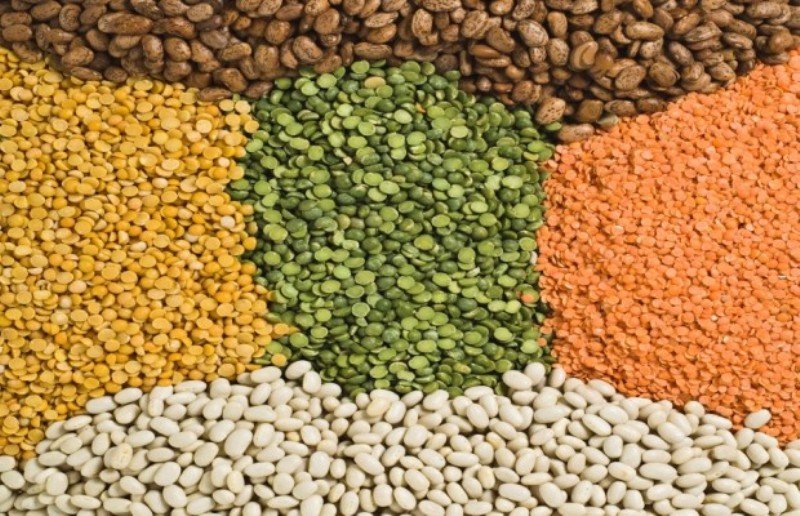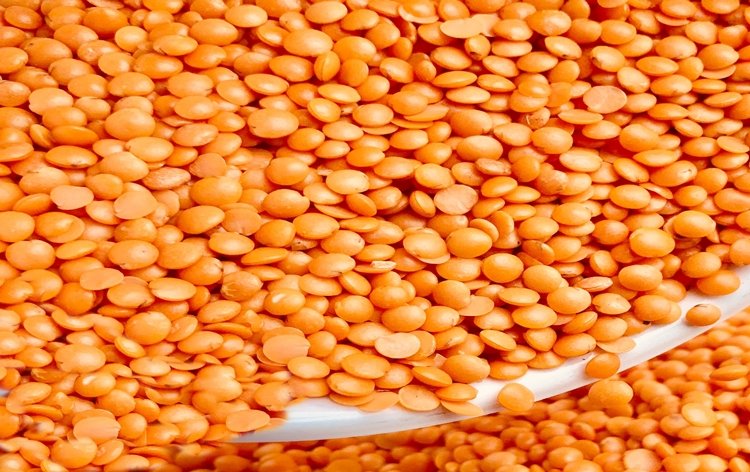NCCF launches Bharat brand of pulses in Tamil Nadu
The Federation will soon take the number of mobile outlets from 50 to 100 and add atta, rice, and moong dal
National Cooperative Consumers’ Federation of India Limited (NCCF), a unit of the Ministry of Consumer Affairs, Food and Public Distribution, Government of India, has launched the ‘Bharat Dal’ brand in Tamil Nadu to sell high-quality pulses and rice to consumers at subsidised price. AASSAAN Global Trade has been appointed as the authorised distributor of Bharat Dal.
Currently, 50 mobile vans sell Bharat Dal brand chana dal directly to customers at main locations in towns and villages in each district. The number of mobile outlets will be increased to 100 and new items such as atta, rice, and moong dal will be added soon.
This flagship initiative of NCCF aims to stabilise prices, curb food inflation, and augment domestic availability. Bharat Dal is already sold at various places in North India with an overwhelming response from consumers.
To make pulses available to consumers at affordable prices, the Central Government is maintaining a buffer stock of five major pulses, namely, chana, tur, urad, moong and masur under the Price Stabilisation Fund (PSF). The stocks from the buffer are released in the market in a calibrated and targeted manner to control prices. The chana dal, under this arrangement, is also made available to state governments for supplies under their welfare schemes, police, and jails, and also for distribution through the retail outlets of state government-controlled cooperatives and corporations.
The Federation will soon take the number






